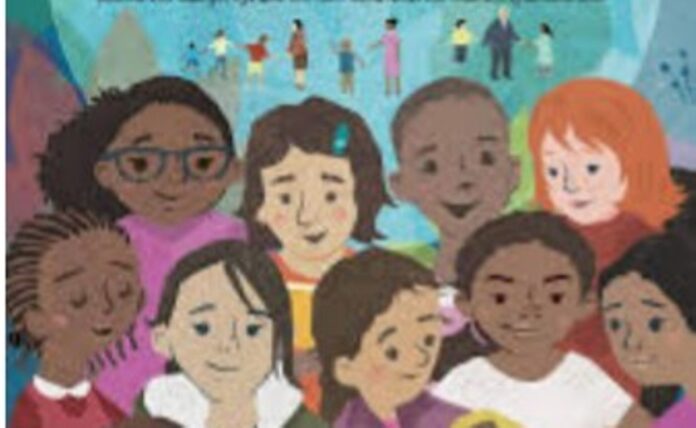By Ndey Sowe
A latest global survey carried out across 22 countries has revealed that girls and young women are one of the biggest targets of online violence and abuse.
October 11th, marks the International Day of Girl Child, the survey highlighted that 58 per cent of the respondents accepted having faced online harassment or abuse on different social media platforms such as Facebook, Instagram, Twitter, WhatApp, and TikTok.
The survey is carried out by UK- based humanitarian organisation Plan International, Titled: “ State of the World’s Girls Report,” involving, 14,000 women aged 15-25 from 22 countries including India, Brazil, Nigeria, Spain, Australia, Japan, Thailand, and US.
The report found: “in Europe 63 per cent of girls reported harassment, followed by 60 per cent of girls in Latin America, 58 per cent in Africa, and 52 per cent in North America.”
A survey conducted from April 1st to May 5th indicated: “of the girls who were harassed, 42 per cent of the girls who identified themselves as LGBTIQ+; 14 per cent who self- identified as having a disability; and 37 per cent who identified themselves from ethnic minority said they get harassed because of it.”
“While 11 per cent of the survey showed girls were harassed by a current or former intimate partner, 21 per cent pointed toward friend and 23 per cent knew their harassers from school or work place,” the survey added.
In a joint statement on International Day of the Girl Child, Gordon Jonathan Lewis, the UNICEF Gambia Country Representative said: “we and our partners work with girls in The Gambia to address their vulnerabilities and demand equal opportunities for all.”
This year, amid the COVID-19 crisis, the opportunity is presented to reimagine a better world inspired by adolescent girls- sharing their voice, their solutions – under the theme: “My voice, our equal future.”
The UNICEF Gambia Country Rep, added that adolescent girls in The Gambia are starting to lead changes towards a more equal and inclusive country. Some progress has been registered in girls’ education and empowerment for example, but the pace of progress must be accelerated to match long-standing barriers and the limited opportunities available to them.
International Day of the Girl Child is an international observance day declared by the United Nations; it is also called the Day of Girls and the international Day of the Girls.
October 11, 2012, was the first Day of the Girl Child. The observation supports more opportunities for girls and increase awareness of gender inequality faced by girls worldwide based upon their gender.
Kunle Adeniyi, the UNFPA The Gambia Country Representative highlighted that a global study by the UN and partners shows the pandemic could result in an additional 13 million cases of child marriages and 2 million more cases of female genital mutilation by 2030.
He however states that these figures seem farfetched; it is noteworthy that girls in The Gambia are part of this statistic.





















